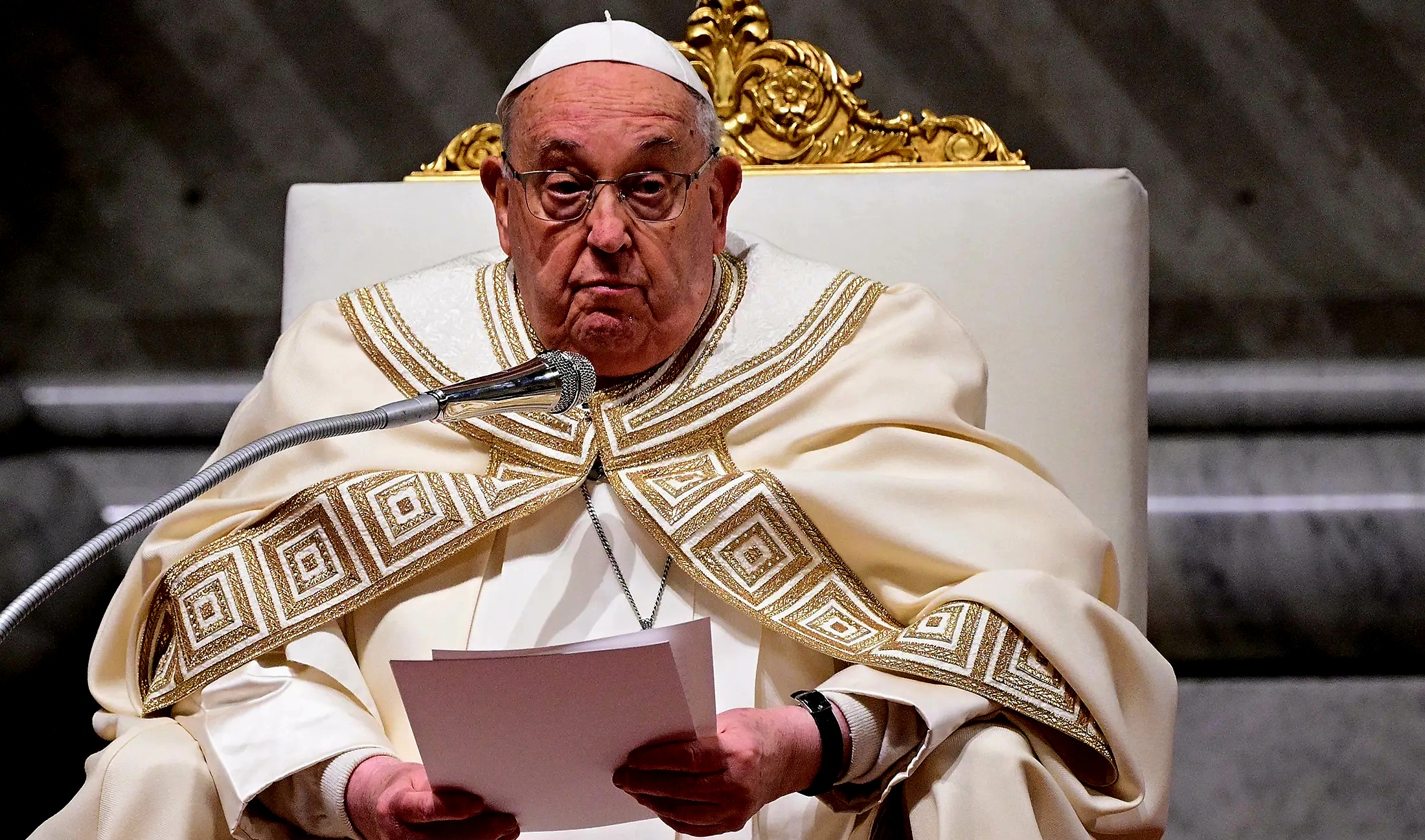Trump Administration Considers Linking U.S. Drug Prices to Global Standards, Industry Experts Warn
- by Shirley Right, Washington, RNG247
- about 6 days ago
- 55 views

In a move that could reshape the landscape of pharmaceutical pricing in the United States, sources within the industry have revealed that the Trump Administration is contemplating a policy that would align U.S. medication prices with lower rates seen in other developed countries. This proposal comes amid escalating concerns within the pharmaceutical sector regarding its potential impact.
According to two anonymous sources familiar with the discussions, who were not authorized to speak publicly, the plan is anticipated to originate from the agency responsible for overseeing Medicare and Medicaid health programs. These individuals emphasized that this consideration ranks as a top-tier concern for drug manufacturers.
One source reported receiving direct communications from government health officials indicating that the administration is actively exploring this pricing strategy, identifying it as a secondary priority in efforts to reduce drug costs. The proposal's ramifications extend beyond concern about tariffs on imported medications, marking it as a significant "existential threat" to both the pharmaceutical industry and U.S. biosciences innovation.
Earlier this year, the Pharmaceutical Research and Manufacturers of America (PhRMA), an industry trade group, took measured steps in lobbying Congress against what is often dubbed international reference pricing. The U.S. consistently pays more for medications than any other nation—often nearly three times higher than prices in comparable countries. While President Donald Trump has professed a desire to narrow this disparity, concrete details have yet to emerge from the administration. A previous attempt to implement an international reference pricing scheme was derailed by a court order during Trump’s first term.
This earlier proposal was estimated to save taxpayers upwards of $85 billion over seven years, significantly impacting the annual expenditure of over $400 billion on prescription drugs in the U.S. However, skepticism persists within the industry. “I don’t think the administration fully understands the impact that policy could have on innovation in the U.S.,” the first source cautioned, adding that it would "be disruptive for the entire healthcare market, not just pharmaceuticals."
The sources indicated that there may be plans for the Medicare agency to pilot the pricing model, as health officials have been exploring various drug pricing initiatives. Despite inquiries, neither the White House, the U.S. Department of Health and Human Services (HHS), nor PhRMA provided feedback on the developing situation.
Typically, drug pricing pilots are managed through the Centers for Medicare & Medicaid Services’ innovation center, known as CMMI. These programs can take years to implement across Medicare, Medicaid, or both health systems.
Although Trump has not publicly revisited the idea of reference pricing since assuming office, the conservative think tank America First Policy Institute recently advocated for the concept in a report, suggesting its potential integration into Medicare's drug price negotiations. This comes in the wake of President Joe Biden's Inflation Reduction Act, which empowers the government to negotiate prices for its most expensive medications. Despite negotiations, the prices achieved for the initial dozen drugs remain, on average, more than double and in some cases five times higher than those established in peer countries.
Notably absent from Trump’s recent healthcare executive order, reference pricing remains a contentious issue. Analysts suggest that directives encouraging the government to seek better value in Medicare-covered medicines may inadvertently pave the way for the policy's revival.
Implementing even a limited version of this proposal could pose a significant challenge for the Trump administration. Health economist Anna Kaltenboeck of Verdant Research noted that the Centers for Medicare & Medicaid Services faces limitations in staff capacity, predicting that the administration may struggle to deploy the necessary resources for such an ambitious project.
HHS has previously indicated plans to lay off approximately 300 individuals from the Medicare agency as part of a broader strategy targeting 10,000 government health agency positions. Additionally, an overwhelming number of HHS employees have exited under retirement options, resulting in a depleted workforce.
Amidst these staffing challenges, the Trump administration would also need to navigate complexities surrounding thousands of approved drugs in the U.S. that may not be marketed in reference countries. Careful negotiations on drug prices in these nations can extend over several years, as highlighted by Rena Conti, an associate professor at Boston University, who asserted that while the administration might estimate foreign prices based on publicly available data, true costs would be obscured by undisclosed discounts negotiated by those governments.
Moreover, drug manufacturers might proactively renegotiate contracts with reference countries, effectively elevating prices and increasing revenue on an international scale. As the Trump administration weighs its options, the effects of such bold changes are poised to stir extensive debate within both the pharmaceutical industry and healthcare at large.
















0 Comment(s)